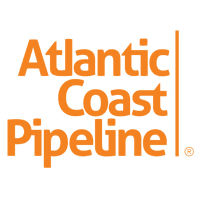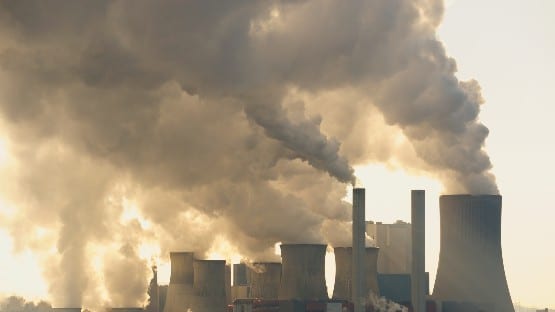
The methodology was subjected to a thorough review and DEQ rejected several earlier versions of this technical document before approving the final released on Thursday.
DEQ also received similar technical documents from the Mountain Valley Pipeline describing MVP’s proposed engineering methods that will be used before drafting detailed site plans for stormwater management. Both documents are available at: www.deq.virginia.gov.
DEQ is continuing to review detailed, project-specific erosion and sediment control and stormwater plans that the agency has required ACP and MVP to submit for every foot of land disturbance related to pipeline construction. Once approved, these requirements, contained in Virginia’s Erosion and Sediment Control (ESC) and Stormwater Management (SWM) regulations will manage runoff during and after construction to protect water quality. In response to DEQ’s comments, ACP continues to submit revisions to ESC and SWM plans to address deficiencies and concerns identified during the agency’s review.
“Protecting water quality and water supplies requires controlling runoff and these plans are critical to that goal. They need to be complete. DEQ staff and its contractors are taking care to scrutinize all aspects of the plans to ensure they meet rigorous design standards,” said Director David K. Paylor.
DEQ also announced that it will implement a comprehensive program to monitor construction of both the ACP and the MVP to ensure compliance with water quality standards, and take strong enforcement action if violations occur. The strategy will include the following elements:
Monitoring
- Inspection of erosion and sediment control and stormwater management practices during construction, including proper installation, performance and maintenance of these practices to avoid and minimize water quality impacts.
- Utilization of DEQ staff inspectors augmented by third party contractors hired by DEQ to ensure adequate coverage during all phases of construction, including two inspectors for each active construction spread.
- Conducting water quality monitoring tests at several locations and stream crossings to evaluate water conditions.
- Ensuring proper identification and protection of sensitive karst features on the landscape.
Compliance
- Routine audits and complaint investigations, including a planned web-based “hotline” for the public to submit information about potential violations.
- Evaluation of stream crossing monitoring data, topography, weather conditions and activity in upland areas and wetland and stream crossings to inform deployment of field inspectors.
- Ensuring monitoring of hydrostatic testing, acid soils mitigation, steep slope best practices, spill prevention control and counter measures, and riparian buffer protections to prevent pollution.
- Continued collaboration with the West Virginia Department of Environmental Protection, the Army Corps of Engineers, and local governments to achieve compliance.
Enforcement
- Aggressively enforce environmental laws and regulations through the issuance of warnings, penalties and all other legal mechanisms available to protect the environment.
- Using the agency’s limited existing “stop work” order authority to halt ongoing construction activities that are impacting water quality.
- Appling additional “stop work” order authority to prohibit and reassess construction activities that are an imminent threat to water quality, should the General Assembly approve such authority.
- “The permitting process for these pipelines has been the most rigorous for any pipeline in Virginia history, and, should they move forward, our environmental compliance program will be the most vigilant.” Paylor said. “DEQ will hold the developers to the highest construction standards and will take swift and strong enforcement action for any problems that occur.”
This multi-faceted plan of evaluation and coordinated inspection and DEQ’s Enforcement Program capabilities will ensure developers comply with Virginia’s rigorous regulatory requirements designed to protect water resources.
Additional information, including links for contacting the agency can be found at www.deq.virginia.gov/Programs/Water/ProtectionRequirementsforPipelines.aspx










